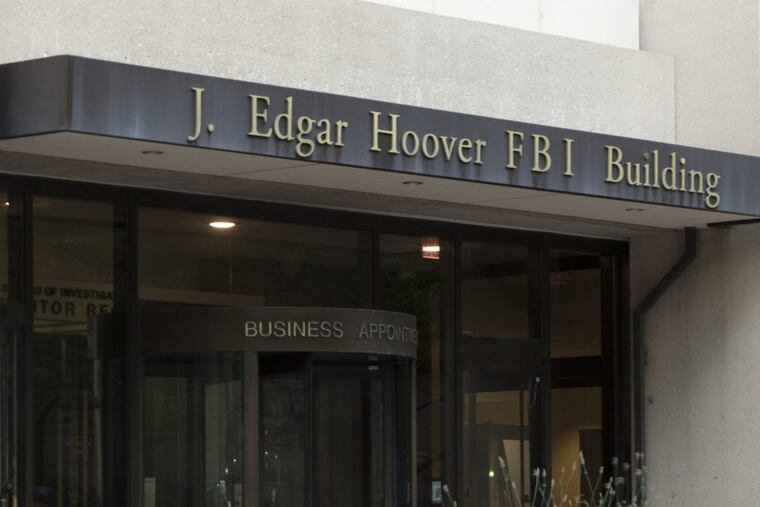Court dismisses claim that government illegally hacked computers to prosecute child-porn case
A Bensalem man claimed his computer had been illegally hacked by the U.S. government in a child pornography investigation that the FBI described as "unprecedented in its scope and reach."

A federal appeals court in Philadelphia has thrown out a motion to suppress evidence filed by a Bensalem man who claimed his computer had been illegally hacked by the U.S. government in an investigation that the FBI described as "unprecedented in its scope and reach."
Gabriel Werdene, 53, was snared in a child-porn sting carried out in 2015. That year, the federal government was tipped off to the location of a computer server that hosted the world's largest collection of virulent child pornography on the "dark web."
According to the FBI, more than 150,000 members on the Playpen website uploaded and viewed tens of thousands of postings of children, indexed by age, sex, and the type of sexual activity involved.
The FBI seized the Playpen server, which had been housed in North Carolina, moved it to Virginia, and obtained a single search warrant to monitor all communications on the device.
Investigators did not immediately shut the website down. Instead, the feds acted as the website administrators and effectively distributed child porn. They loaded government-created malware onto the server and operated Playpen for 13 days. Anytime a user went to Playpen, the code infected their electronic devices and relayed the unsuspecting owners' real IP addresses to the FBI.
Playpen members, who had been using the TOR browser to access the images anonymously, were subsequently identified using the IP addresses and other information generated by the malware.
Werdene, who logged into Playpen under the username "thepervert," was one of 350 Americans and 580 foreign nationals arrested in the sting.
Agents seized a USB drive and a DVD containing child porn from Werdene's Bucks County home. Charged in the Eastern District of Pennsylvania, Werdene filed a motion to suppress the evidence seized during the search of his computer, including information revealed by the malware.
Werdene pleaded guilty in June 2016 and was sentenced to two years in federal prison, but his plea agreement allowed him to reserve his right to appeal. Werdene and lawyers from the Electronic Frontier Foundation argued that the search warrant issued for the government hacking effort had been "too broad" and, as a result, violated his Fourth Amendment rights. The EFF claimed that the thousands of searches and seizures enabled by the malware were not legal.
In an opinion filed Feb. 21 in the Court of Appeals for the Third Circuit in Philadelphia, Circuit Judge Joseph A. Greenaway wrote that the FBI had acted in good faith and that there was no evidence that it had exceeded the scope of the warrant.